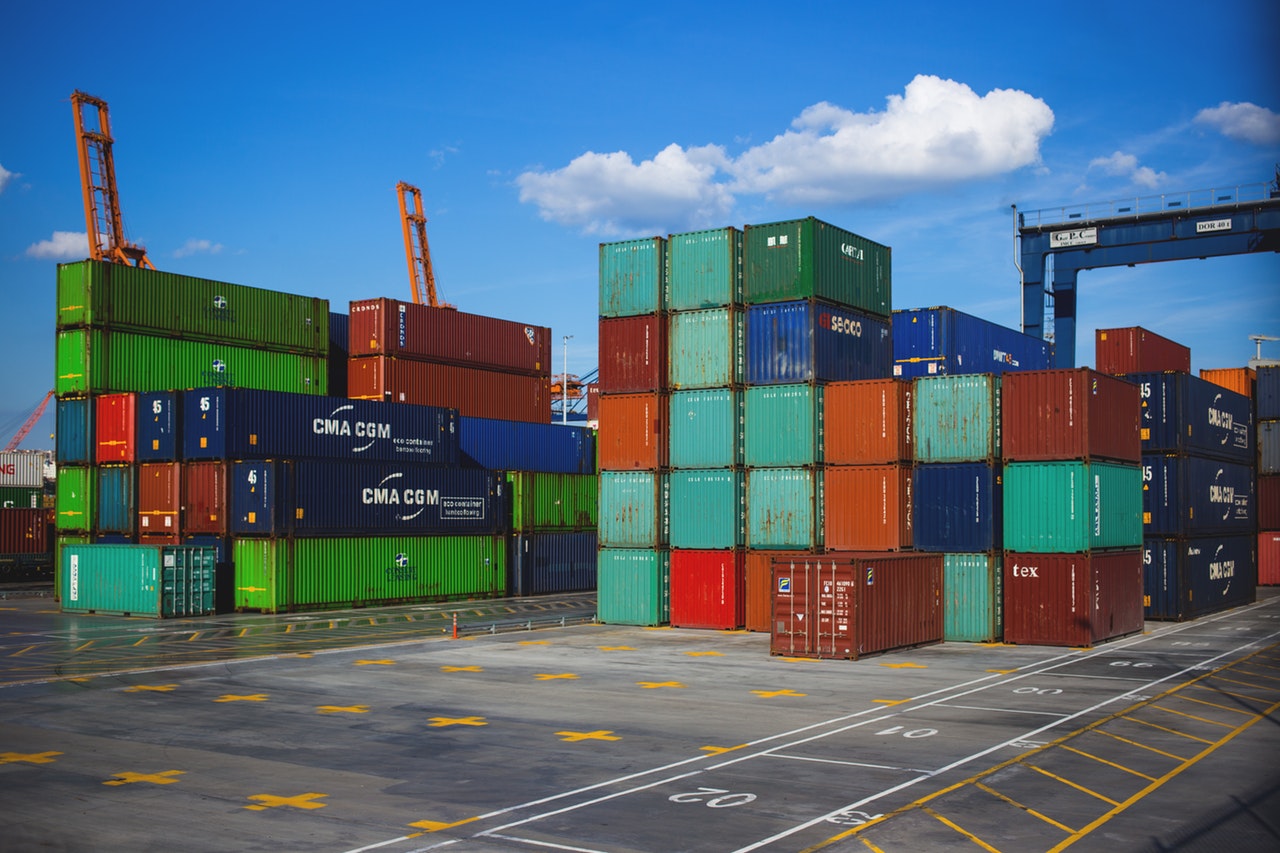Importing and Exporting in Nigeria: A Guide to Doing Business.
Importing and Exporting in Nigeria: A Guide to Doing Business.
Nigeria is a country that has gone through many international struggles in the past few decades. One of these struggles is the inability to trade and export goods within Nigeria. This makes Nigeria very difficult to do business in, especially for businesses outside the country. However, despite this difficulty, there are benefits to doing business with others internationally. In addition to gaining access to new markets and relationships, you can also avoid corruption and tax evasion by using an intermediary company like EximCorp. Here are some tips for how you might start doing business in Nigeria.
What does it take to get your business started in Nigeria?
If you want to begin doing business in Nigeria, there are a few important things to keep in mind.
First and foremost, you need to determine your target market. You’ll need to know what kind of products or services you plan on offering and the type of customers you’ll be targeting. Once you have this information, it’s time to figure out the best way to get them. For example, if your target market is African-American males between the ages of 23-35 who make at least $25,000 a year and live in New York City, then you might have better luck with a PPC ad campaign.
You also need to find an intermediary partner that can help facilitate international trade within Nigeria. EximCorp is one of the best companies for this purpose as they offer different levels of service depending on your needs. They can provide various services from maintaining an online presence for your company in Nigeria or helping with logistics and business management services like invoice processing and export documentation.
The last step is understanding how the tax structure works in Nigeria. You’ll need to be aware that businesses must obtain a license before operating within Nigeria or face penalties for illegal activities, like tax evasion and corruption.
Identifying a good intermediary company
One of the first steps in making your business successful in Nigeria is to identify a good intermediary. An intermediary is an individual who will help you with trade and export documents, payment arrangements, and other business-related tasks.
So, how do you find the right company? Well, there are many companies that offer this service. However, if you’re looking for a reliable company that has experience handling international business transactions, we recommend EximCorp International. They have been in the industry for over 25 years, and they have successfully handled thousands of international transactions.
EximCorp International has a variety of services that businesses can use to make their operations more efficient. These services include import/export assistance and customs clearance services–no matter the size or scope of your operation. It’s important to take note of these features when seeking out an intermediary company like EximCorp International to help with your international business needs.
Importing from other countries
In order to start importing from other countries, you must first get the appropriate licenses and permits. To do this, there are several steps you can take.
1) Find out if your business is eligible for an import license:
a) Do you meet the required number of paid-in capital?
b) Can you produce a list of all the products you wish to import?
c) Does your business have enough foreign currency reserves to pay for the import costs and taxes?
2) Create a trade agreement:
a) Create a preliminary agreement that defines what product types can be traded, who will be responsible for customs duty, etc.
b) Make sure to include clauses and conditions that define which party is responsible in case of disputes or disagreements.
3) Apply for the license:
a) Submit your application form with all required documents
b) Agree on payment options (e.g., bank wire transfer, credit card, check). c) Check how long it takes for your application to be processed. d) If necessary, make arrangements with government officials in charge of issuing licenses to organize an inspection visit or attend an interview session with them so they can determine whether or
What are some ways of exporting from Nigeria?
One way of exporting from Nigeria is to use a company like EximCorp. EximCorp can help you find the best countries in which to export your goods and services, but it also helps with the process of importing into Nigeria.
Another way of exporting from Nigeria is by using a freight forwarder. A freight forwarder will help you find a good spot for your cargo to be picked up and delivered, or they can help you ship your goods themselves.
Finally, you might consider finding someone who can provide customs clearance service for you abroad.
Conclusion
When it comes to doing business in Nigeria, there is a lot more to it than just hiring the right employees and setting up shop. A lot of people don’t realize that it takes a diligent lot of work and research before you can actually get your business started.








LEAVE A COMMENT
You must be logged in to post a comment.